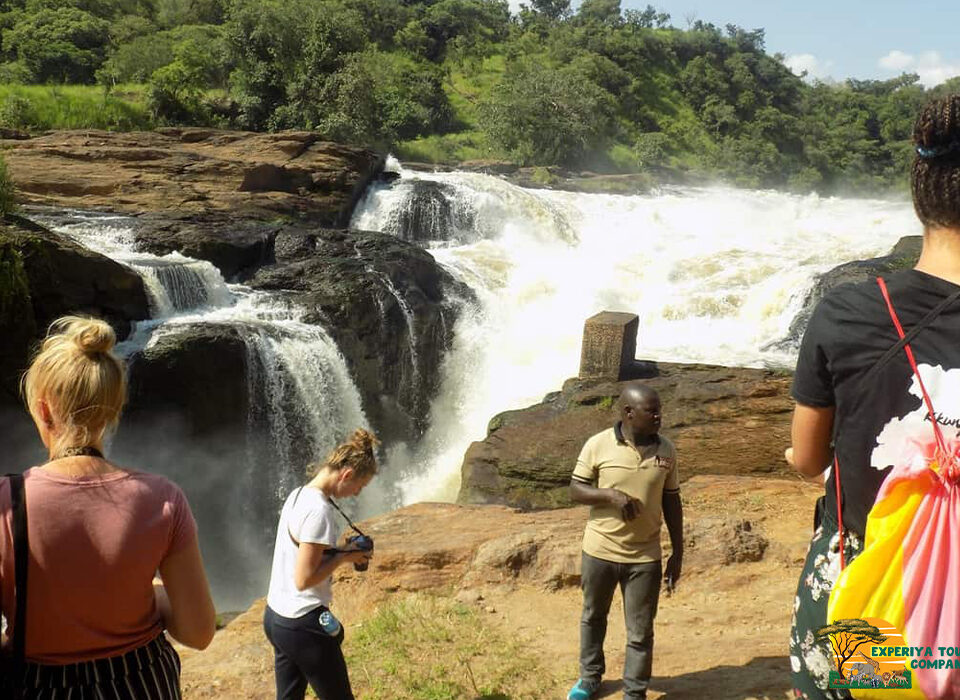
Are Kenyans friendly to tourists?
November 20, 2025
What’s Kenya’s most romantic spot?
November 20, 2025Can I Visit Local Schools or NGOs?
When planning a meaningful and immersive trip to Kenya, many travelers wonder if it’s possible to visit local schools, community projects, or non-governmental organizations. They want to understand daily life, support local initiatives, and engage with communities in a respectful, responsible way. This leads to an important and common question: Can I visit local schools or NGOs in Kenya? The answer is yes, you absolutely can—but it must be done ethically, responsibly, and through proper channels.
Kenya has thousands of community-based organizations, schools, women’s groups, youth programs, environmental conservation projects, and non-profits that play vital roles in education, healthcare, wildlife protection, and social development. Many of these institutions welcome visitors who want to learn, volunteer, or contribute, but they do so with guidelines to protect the dignity, safety, and privacy of the people they serve. Visiting a school or NGO can be one of the most meaningful experiences you’ll ever have in Kenya—as long as it is coordinated with care, respect, and the support of a trusted local tour company.
Why Visitors Are Interested in Schools and NGOs
Travelers are often drawn to local institutions for several reasons:
They want to give back through donations or volunteer work
They want to understand Kenyan culture beyond tourist attractions
They are passionate about education, conservation, or community development
They wish to support grassroots solutions to local challenges
They want their trips to be purposeful and impactful
Schools and NGOs provide incredible insight into Kenyan society—its strengths, resilience, creativity, and the community spirit that drives progress.
Can Tourists Visit Local Schools in Kenya?
Yes, tourists can visit certain local schools, but not every school accepts unscheduled visits. Schools have strict routines and must protect their students’ wellbeing. However, many schools do welcome guests who:
Make prior arrangements
Follow visitor guidelines
Come through trusted organizations
Have a clear purpose (learning, cultural exchange, volunteering, or support)
A visit may include:
School tours
Meeting teachers
Cultural exchange programs
Participating in reading or art activities
Educational discussions
Sports interactions with students
These visits allow travelers to see the Kenyan education system up close and engage with local youth in enriching ways.
Types of Schools That Welcome Visitors
Not all schools operate the same way, but several types commonly accept visitors:
Community Schools
Often run by local groups, churches, or NGOs. These schools usually welcome visitors who want to support their programs.
Rural Public Schools
Some rural schools enjoy hosting cultural exchange visits arranged through tour companies.
Private and Mission Schools
These institutions may allow scheduled visits, especially if visitors are connected through a partnership or NGO.
Informal Schools in Underserved Areas
These schools appreciate visitors but require strict coordination to avoid disrupting their programs.
Special Needs Schools
They welcome visitors who approach with sensitivity, respect, and proper planning.
What Happens During a School Visit?
A school visit can be an uplifting cultural experience. Depending on the arrangement, you may:
Tour classrooms
Learn about the curriculum
Meet teachers and students
Join lessons such as music, art, or games
Share stories about your home country
Observe learning activities
Participate in interactive reading or play sessions
Deliver approved donations
The connection between visitors and students often becomes a memorable cultural exchange for both sides.
Can You Donate to Schools?
Yes—many schools accept donations, but it’s crucial to donate responsibly. Useful items include:
Books
Stationery
Sports equipment
Sanitary products for girls
School supplies
Educational games
What to avoid:
Money handed directly to students
Gifts that create dependency or inequality
Unapproved photography of minors
The best donations are those coordinated through teachers or school administrators.
Can You Volunteer in Schools?
Short-term volunteering is possible but must be arranged through approved programs. Schools prioritize child safety and require volunteers to have:
Clear schedules
Proper identification
Background checks (for long-term stays)
Relevant skills
Spontaneous volunteering is discouraged. Instead, structured programs ensure that communities benefit sustainably.
Can Tourists Visit NGOs in Kenya?
Yes—visitors can explore a wide variety of NGOs across Kenya, including those focused on:
Wildlife conservation
Women’s empowerment
Education
Healthcare
Youth development
Environmental protection
Community entrepreneurship
Many NGOs welcome visitors for:
Guided tours
Project briefings
Workshops
Skill-sharing activities
Volunteering
Donor visits
Field excursions
These visits open your eyes to the passion and hard work behind Kenya’s development sector.
 Why NGOs Allow Visitors
Why NGOs Allow Visitors
Non-profits often benefit from receiving international visitors because:
It boosts awareness and advocacy
It encourages partnerships
It helps generate financial and material support
It provides cultural exchange opportunities
It showcases transparency and impact
Visitors get a firsthand understanding of community challenges as well as the innovative solutions being implemented on the ground.
Types of NGOs That Allow Visits
A wide range of organizations are open to visitor engagement:
Wildlife Conservation NGOs
Elephant sanctuaries
Rhino conservation groups
Marine conservation initiatives
Community conservancies
Anti-poaching units
These visits give travelers an intimate view of Kenya’s conservation efforts.
Women’s Empowerment NGOs
Microfinance groups
Craft cooperatives
Vocational training centers
They showcase the resilience and entrepreneurship of Kenyan women.
Health NGOs
HIV awareness programs
Maternal health clinics
Nutrition initiatives
Visits must be approached respectfully and ethically.
Education NGOs
After-school programs
Library initiatives
Scholarship organizations
They show how communities promote lifelong learning.
Environment and Climate NGOs
Tree-planting movements
Waste recycling groups
Renewable energy projects
Visitors often get hands-on participation in activities.
Rules and Etiquette When Visiting Schools or NGOs
Respect is the foundation of all community visits. Key guidelines include:
Always book your visit in advance
Avoid taking photos of children without permission
Do not interrupt classes or activities
Dress modestly
Ask before giving gifts or donations
Respect privacy and cultural norms
Do not make promises you cannot fulfill
Follow instructions from teachers or NGO staff
These practices ensure your visit adds value without causing disruption.
Why Ethical Visits Are Important
Visiting a school or NGO is not tourism in the typical sense—it’s cultural engagement. Ethical practices guarantee that visits:
Protect vulnerable communities
Create long-term partnerships
Respect local dignity
Support sustainable initiatives
Avoid exploitation or harmful behavior
Responsible travel creates meaningful, lasting impact.
The Impact of Visiting Local Schools or NGOs
Many travelers describe these visits as life-changing. The benefits include:
Deep cultural insight
Stronger appreciation for local resilience
Connection with Kenyan communities
Understanding daily realities
Opportunities to support important work
Long-lasting personal memories
Community visits transform trips into purposeful journeys.
So, Can You Visit Local Schools or NGOs in Kenya?
Yes. With the right planning and ethical approach, you can visit schools, NGOs, and community organizations across Kenya. These visits offer powerful cultural connection, education, and purpose. However, they must always be arranged responsibly to protect communities and ensure respectful engagement. When done correctly, these visits enrich your travel experience and support the incredible work happening at the grassroots level.
Experience Responsible Community Visits With Experiya Tour Company
To ensure your visit to schools or NGOs is ethical, meaningful, and properly coordinated, travel with experts who understand community engagement. Experiya Tour Company organizes responsible school visits, NGO tours, cultural experiences, and social-impact travel. Their team ensures that every visit respects local communities, supports important initiatives, and provides travelers with deep cultural insight. For a purposeful and well-guided experience in Kenya, book your trip with Experiya Tour Company.




